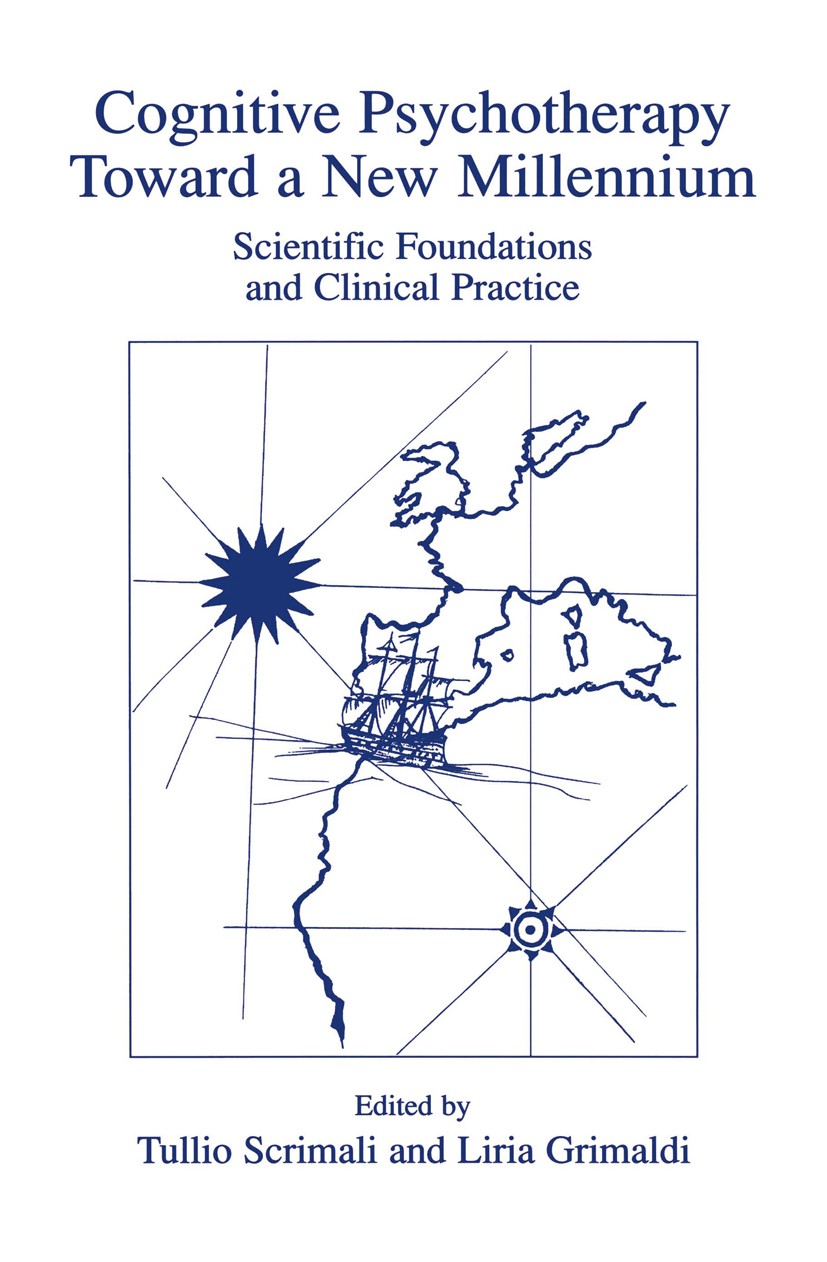| 書目名稱 | Cognitive Psychotherapy Toward a New Millennium | | 副標題 | Scientific Foundatio | | 編輯 | Tullio Scrimali,Liria Grimaldi | | 視頻video | http://file.papertrans.cn/230/229087/229087.mp4 | | 圖書封面 |  | | 描述 | In the roughly two decades since Aaron T. Beck published the now classic "Cognitive Therapy of Depression," and Michael J. Mahoney declared the "Cognitive Revolution," much has happened. What was proposed as the "cognitive revolution" has now become the zeitgeist, and Cognitive Therapy (CT) has grown exponentially with each passing year. A treatment model that was once seen as diffe- rent, strange, or even alien, is now commonplace. In fact, many people have allied themselves with CT claiming that they have always done CT. Even my psychoanalytic colleagues have claimed that they often use CT. "After all," they say, "Psychoanalysis is a cognitive therapy." Cognitive Therapy (or Cognitive Psychotherapy) has become a kaleidoscope model of treatment, with influences coming from many sources. Some of these contributory streams have been information pro- cessing, behavior therapy, Constructivist psychology, and dynamic psychotherapy. Each of these sources have added color, shading, and depth to the CT model. What was originally uni- dimensional in terms of the CT focus on depression has become multidimensional as the CT model has been applied to virtually every patient population, treatm | | 出版日期 | Book 2002 | | 關鍵詞 | depression; diagnosis; mood disorder; psychiatric disorder; rehabilitation | | 版次 | 1 | | doi | https://doi.org/10.1007/978-1-4615-0567-9 | | isbn_softcover | 978-1-4613-5135-1 | | isbn_ebook | 978-1-4615-0567-9 | | copyright | Kluwer Academic / Plenum Publishers, New York 2002 |
The information of publication is updating

|
|
 |Archiver|手機版|小黑屋|
派博傳思國際
( 京公網安備110108008328)
GMT+8, 2025-10-15 07:17
|Archiver|手機版|小黑屋|
派博傳思國際
( 京公網安備110108008328)
GMT+8, 2025-10-15 07:17


